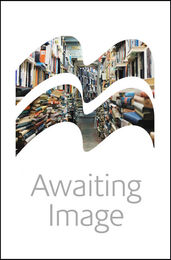Daniel Defoe
Daniel Defoe, born in London in 1660 to James and Alice Foe, was a Protestant activist deeply influenced by the political turmoil of his time. After his mother’s death when he was ten, Defoe grew up amid the religious and political conflicts surrounding King James II’s Catholic reforms. He married Mary Tuffley in 1684, and the couple had seven children. Defoe worked as a merchant, dealing in hosiery, tobacco, and wool, but his financial troubles led to his imprisonment for bankruptcy in 1692. Following the Glorious Revolution of 1688, which brought Protestant William of Orange to the throne, Defoe’s writing career flourished. His political pamphlets, including *The Shortest Way with the Dissenters* (1703), critiqued religious hypocrisy, leading to his arrest and later release through the intervention of Robert Harley.
Defoe’s literary legacy includes *Robinson Crusoe* (1719), inspired by the real-life tale of Alexander Selkirk, which became one of the most enduring works of popular fiction in the English language. He continued to write novels like *Moll Flanders* (1722) and *Roxana* (1724), along with essays, biographies, and political works. His later publications, such as *A Tour Thro’ the Whole Island of Great Britain* and *The History of the Remarkable Life of John Sheppard*, showcased his diverse interests. Despite his prolific output, Defoe’s financial troubles persisted, and he died in 1731 while in hiding from creditors. His works, especially *Robinson Crusoe*, have been widely adapted for stage and screen, cementing his place in literary history.

